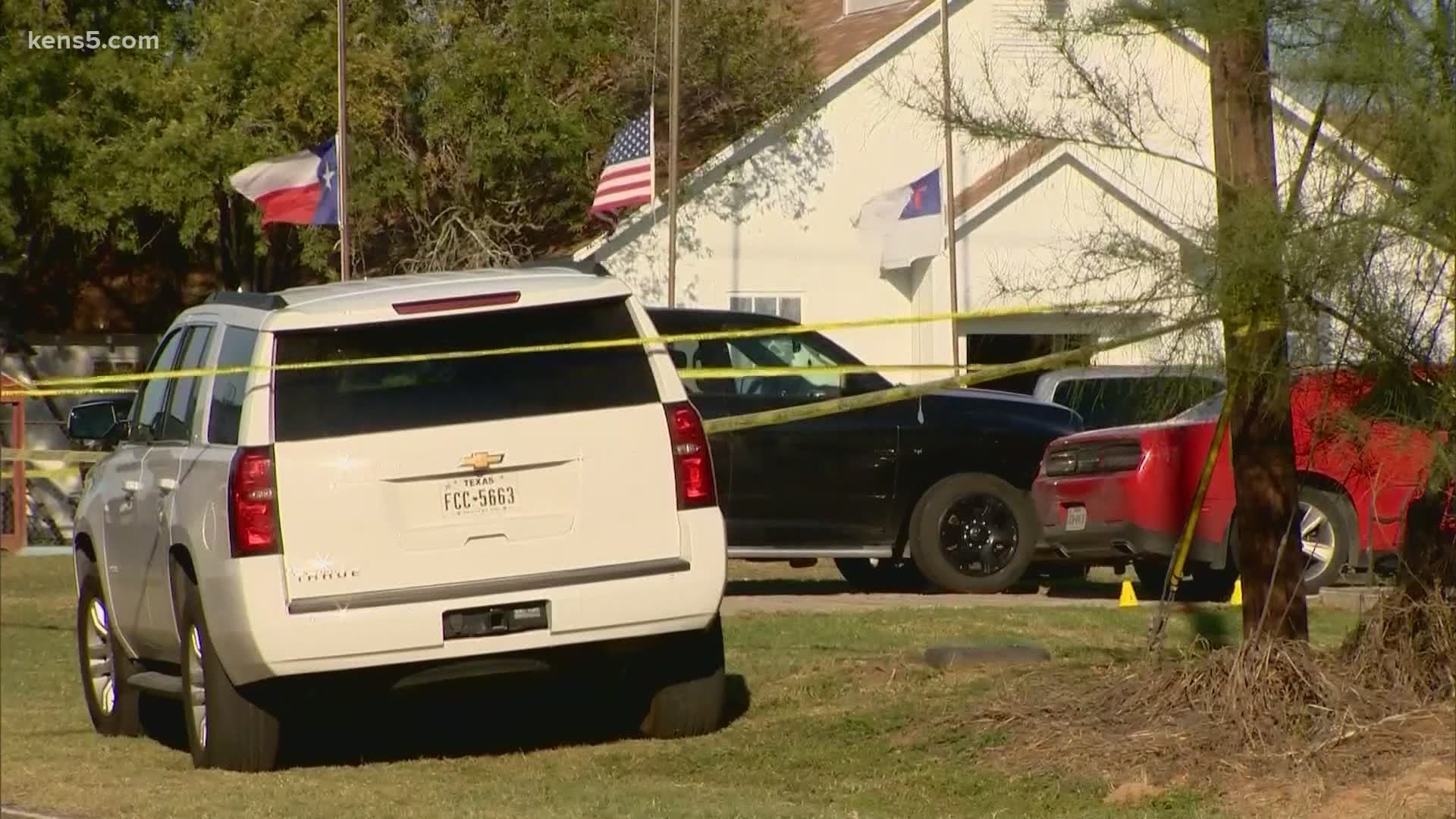SAN ANTONIO — Two hours of closing arguments concluded the Sutherland Springs federal trial in San Antonio Tuesday.
Both the plaintiffs’ and defense’s legal teams addressed issues of foreseeability and proximate cause in the case.
The plaintiffs’ legal counsel argued the U.S. government should be held liable in the Nov. 5, 2017 mass shooting that resulted in the deaths of 26 people and 20 injured at the Sutherland Springs First Baptist Church.
The plaintiffs’ attorney argued the Air Force knew the perpetrator of the Sutherland Springs incident the best, emphasizing the gunman’s extensive criminal background of domestic violence, obsession with firearms and expressed desire to carry out some type of mass-casualty attack during his time with the military.
On at least four occasions, the gunman made violence threats against Air Force leadership and police, according to the plaintiffs’ attorney.
In 2013, gunman was prohibited from returning to the Holloman Air Force Base because of such threats.
This led the plaintiffs’ attorney to believe the reporting system works.
The plaintiffs say the gunman carries 30% of the blame and the government carries more than 60% for what unfolded at Sutherland Springs in 2017.
The defense stressed regardless of whether the Air Force had alerted the FBI about the gunman’s past, the shooting still would have occurred in large part because of alternative avenues for the perpetrator to purchase firearms other than through FFL (Federal Firearms License) dealers.
The defense said the NICS background check system is capable of keeping some people from purchasing guns from FFL dealers but ineffective when it comes to buying from private sellers which don’t require background checks.
Defense cited an online post by the gunman who proclaimed “I am the angel of death, no one can stop me.”
The argument is the FBI’s knowledge of the gunman’s previous domestic violence conviction, would not have hindered his determination to commit a mass shooting.
The legal counsels are now required to draft and submit findings of fact and conclusions of law to U.S. District Court Judge Xavier Rodriguez by May 21. .

